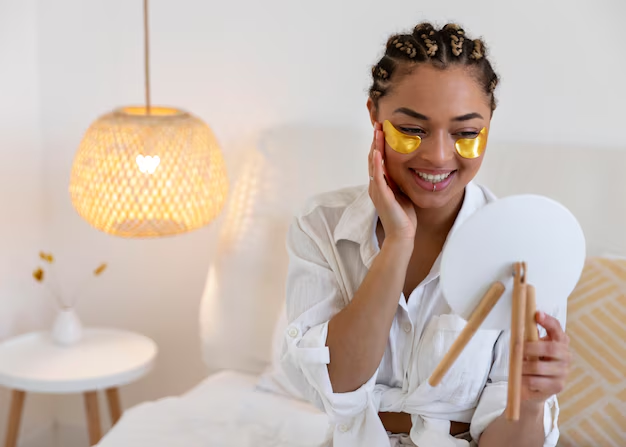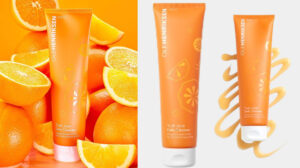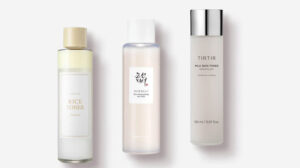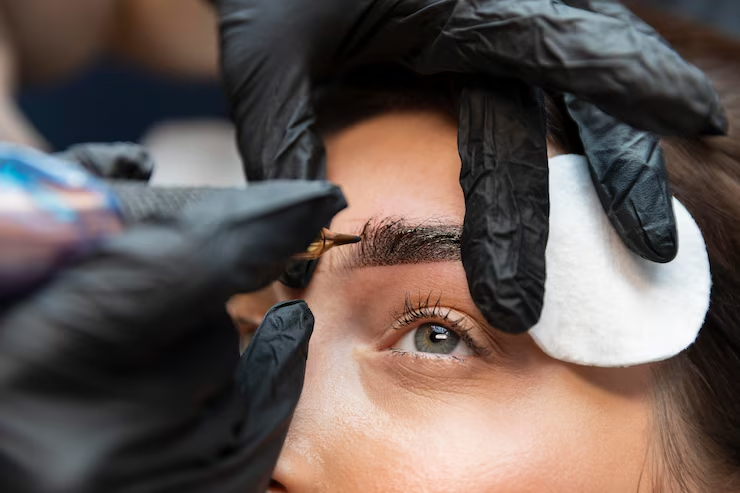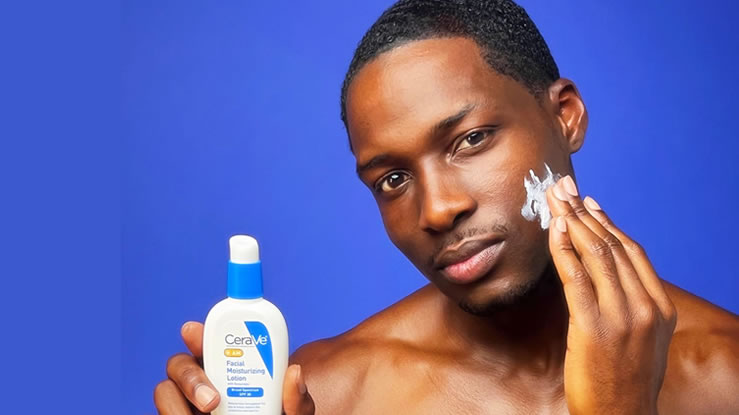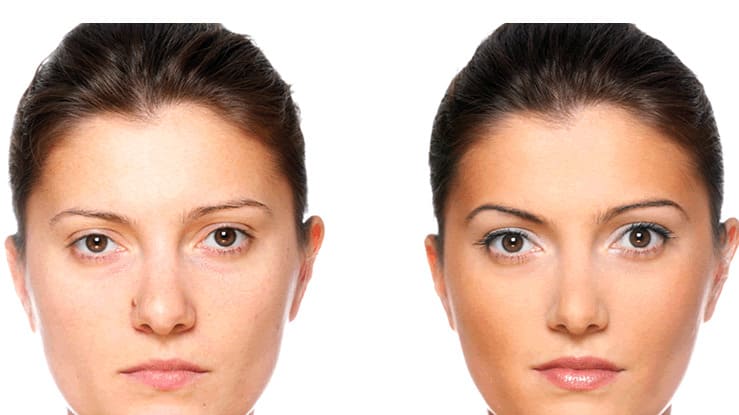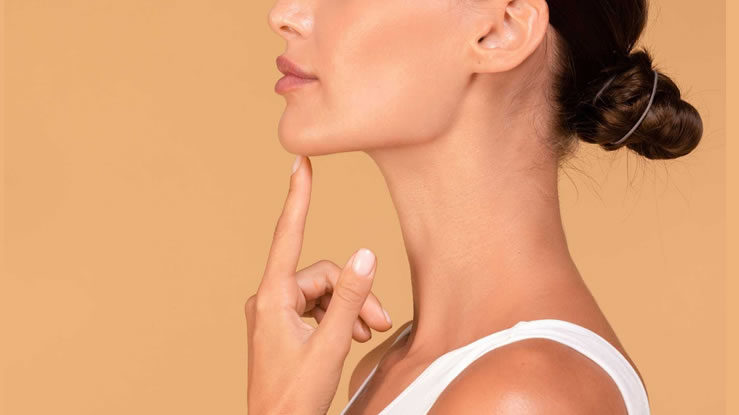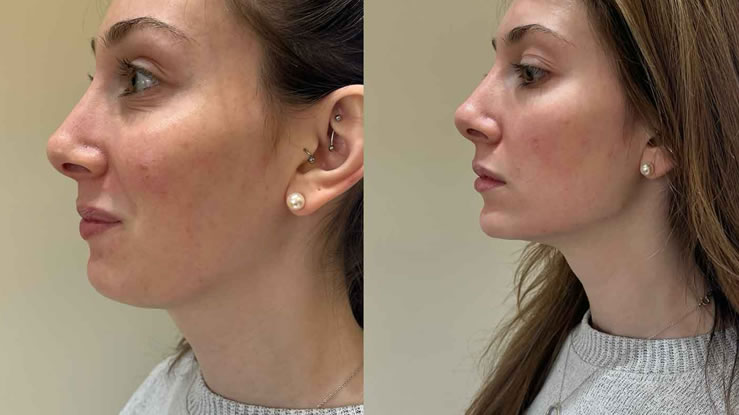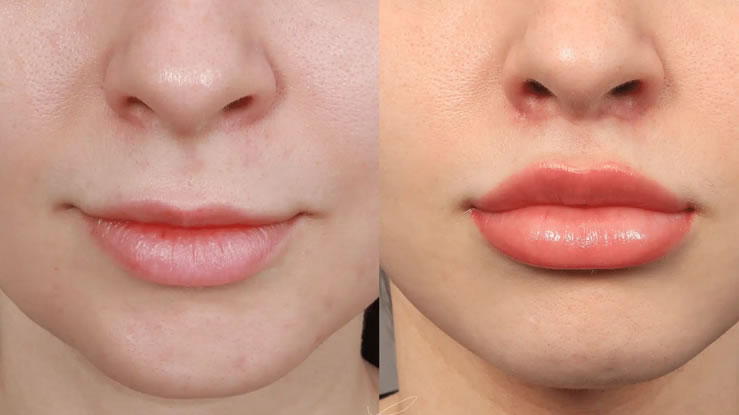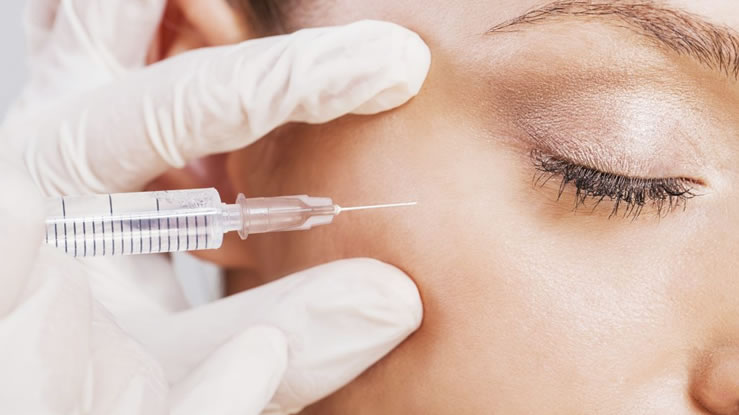If you have sensitive skin, finding the right skincare products can feel like an ongoing struggle. Many people with delicate skin experience redness, irritation, itching, or breakouts when using everyday skincare products, and sunscreen is no exception. This often leads to the common misconception that avoiding sunscreen is the best way to prevent irritation but in reality, skipping sunscreen exposes your skin to even more damage, find out which is the best Sunscreen for sensitive skin.
Did you know that sensitive skin is actually more vulnerable to sun damage than normal skin? The sun emits harmful ultraviolet (UV) rays that penetrate deep into the skin, causing premature aging, hyperpigmentation, and increasing the risk of skin cancer. Without proper sun protection, sensitive skin can become inflamed, leading to redness, burning, and worsening conditions such as rosacea and eczema.
Many commercial sunscreens contain harsh chemicals, fragrances, and preservatives that can trigger reactions, making it difficult to find a sunscreen that provides protection without causing breakouts or irritation. However, the good news is that not all sunscreens are the same by selecting the right formulation and applying it correctly, you can safeguard your skin from harmful UV rays while keeping irritation at bay.
This article will guide you through:
- Why sunscreen is essential for sensitive skin
- The difference between mineral and chemical sunscreens
- Key ingredients to avoid
- Best dermatologist-recommended sunscreens for sensitive skin
- How to apply sunscreen properly to prevent irritation
By the end of this guide, you’ll have the knowledge to choose the best sunscreen for your sensitive skin so you can enjoy the sun without worry!
Why Sunscreen for Sensitive Skin is Essential
Some people believe they don’t need sunscreen because they “never burn” or because they have darker skin tones. Others avoid sunscreen due to past experiences with breakouts or irritation. However, the truth is that everyone needs sunscreen especially those with sensitive skin. Here’s why:
1. Prevents UV Damage and Skin Cancer
The sun emits two types of ultraviolet (UV) rays:
- UVA Rays: Penetrate deep into the skin, causing premature aging, wrinkles, and sagging.
- UVB Rays: Affect the outer layers of the skin, leading to sunburn, redness, and an increased risk of skin cancer.
Since sensitive skin reacts more strongly to external factors, exposure to these rays without protection can accelerate damage, making the skin more prone to irritation, inflammation, and serious conditions like melanoma.
Read Also>>>What is the best sunscreen for sensitive skin?
2. Reduces Skin Inflammation and Irritation
If you have conditions like rosacea, eczema, or acne-prone skin, unprotected sun exposure can make these issues much worse. UV rays cause inflammation, which can trigger flare-ups, redness, and heightened skin sensitivity. A good sunscreen acts as a shield against environmental aggressors, helping to calm and protect your skin.
3. Prevents Hyperpigmentation and Dark Spots
Sensitive skin often struggles with post-inflammatory hyperpigmentation (PIH)—the dark marks left behind after acne, eczema, or irritation. Sun exposure deepens these marks, making them harder to fade. Using a broad-spectrum sunscreen helps prevent new dark spots from forming while allowing existing ones to heal.
4. Supports Skin Barrier Health
Sensitive skin usually has a weaker skin barrier, meaning it loses moisture faster and is more prone to dryness and irritation. Sunscreen helps lock in hydration while preventing external damage from pollution and UV rays.
Choosing the Right Sunscreen for Sensitive Skin
With so many sunscreens on the market, how do you know which one is right for your sensitive skin? The key is to choose a gentle formula that provides strong protection without irritation.
1. Mineral vs. Chemical Sunscreen: Which is Better?
There are two main types of sunscreen—mineral (physical) and chemical. Knowing the difference is essential when selecting the best sunscreen for sensitive skin.
| Feature | Mineral Sunscreen (Physical Sunscreen) | Chemical Sunscreen |
|---|---|---|
| How It Works | Sits on the skin and reflects UV rays | Absorbs UV rays and converts them into heat |
| Active Ingredients | Zinc Oxide, Titanium Dioxide | Oxybenzone, Avobenzone, Octinoxate, Octocrylene |
| Irritation Risk | Low, best for sensitive skin | Higher risk of irritation or allergic reactions |
| White Cast? | Can leave a white residue | Blends more easily with skin tone |
| Best For | Rosacea, eczema, acne-prone skin | Darker skin tones, non-sensitive skin |
✅ Best Option for Sensitive Skin: Mineral sunscreens (Zinc Oxide & Titanium Dioxide) are the safest choice. Mineral sunscreens containing key ingredients like titanium dioxide and zinc oxide are non-comedogenic, meaning they won’t clog or block skin pores. These mineral-based products are safe for all ages, including babies and pregnant women.(read What Is Zinc Oxide In Your Mineral Sunscreen )
2. Ingredients to Avoid in Sunscreen for Sensitive Skin
Sensitive skin requires gentle formulations, so it’s important to avoid these common irritants:
- Fragrance – Can trigger allergies and cause redness.
- Alcohol (denatured) – Dries out the skin and weakens the skin barrier.
- Oxybenzone & Octinoxate – Chemical UV filters known for skin irritation.
- Parabens – Preservatives that may cause allergic reactions.
3. Best Dermatologist-Recommended Sunscreens for Sensitive Skin
- La Roche-Posay Anthelios Mineral Sunscreen SPF 50 – Zinc oxide-based, lightweight, and fragrance-free.
- EltaMD UV Clear Broad-Spectrum SPF 46 – Great for acne-prone and rosacea-prone skin.
- Neutrogena Sheer Zinc Face Sunscreen SPF 50 – Hypoallergenic, non-irritating, and approved by the National Eczema Association.
- Aveeno Positively Mineral Sensitive Skin Sunscreen SPF 50 – Contains soothing colloidal oatmeal to calm irritation.
Should You Wear Sunscreen If You Have Sensitive Skin?
Absolutely! Sensitive skin needs sunscreen just as much—if not more—than other skin types. By choosing a fragrance-free, alcohol-free, and dermatologist-tested sunscreen, you can protect your skin without irritation.
✅ Opt for mineral-based sunscreens with zinc oxide or titanium dioxide
✅ Avoid harsh chemicals like oxybenzone, fragrances, and alcohol
✅ Use gentle, lightweight formulas that won’t clog pores
✅ Apply sunscreen daily, even on cloudy days, and reapply every 2 hours
Protecting your sensitive skin doesn’t have to be difficult. With the right sunscreen, you can enjoy the sun safely while keeping your skin healthy and irritation-free! 🌞💙
What’s your favorite sunscreen for sensitive skin? Share your recommendations in the comments below! 😊
You Might Like;
What is the best sunscreen for Africa?
Can a White Person Use Black Girl Sunscreen?
Do you need to wear sunscreen in the UK?


